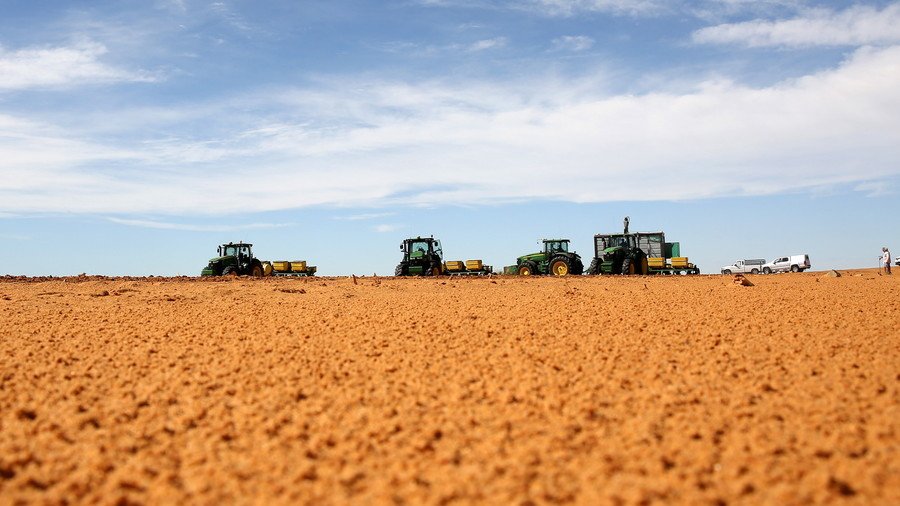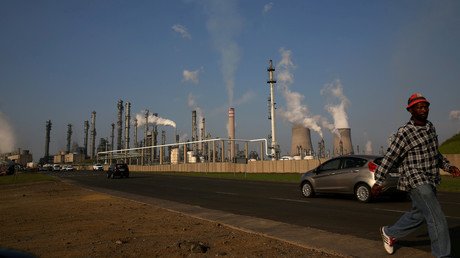South African bank wants farmers to repay debt for property even if it's expropriated by government

White farmers in South Africa will have to pay back their loan for property that could be expropriated under the land reform proposal that is currently being pushed by the ruling African National Congress (ANC).
The controversial bill, allowing the government to confiscate lands from white farmers without compensation and redistribute them to the black citizens, is currently pending further study after the Portfolio Committee on Public Works withdrew the draft.
An email from Nedbank, which emerged on social media last week, made it clear that expropriation without compensation is not going to be deemed as a legitimate reason for borrowers to default on their payments. Nedbank is among the country’s ten largest lenders.
“It is important to note the Home Loan agreement is subject to a contractual agreement, and bond payments remain due and payable until such time that the bond is paid in full irrespective of any form of land expropriation – with or without compensation,” the email reads. “We would encourage you to continue with the bond payments until such time a determination is made.”
The bill, which evoked heated debate across the world and alleged violent attacks against white farmers, was approved by the ANC under President Cyril Ramaphosa in February. It was initially proposed in 2015 to alter the skewed property ownership patterns and to include the black majority into the developed sectors of the South African economy.
This #NedbankEmail is currently being shared all over social media.I am sharing this NOT TO CAUSE PANIC but to explain what I believe because people are sharing this without actually reading the email (or putting the reply into context).Thread 👇🏽👇🏽👇🏽 pic.twitter.com/Pi9Wxu9d8w
— Brent Lindeque (@BrentLindeque) August 27, 2018
Agricultural banks have previously expressed concerns over the planned reform. They warn the proposed land reform creates considerable uncertainty for lenders, which are exposed to billions of rands worth of home and property loans. In the worst case scenario, banks would require government bailouts if landowners begin to default on loans. Nedbank is reportedly participating in the parliamentary debates, submitting its own proposals on land reform.
For more stories on economy & finance visit RT's business section















